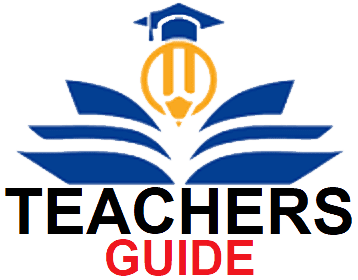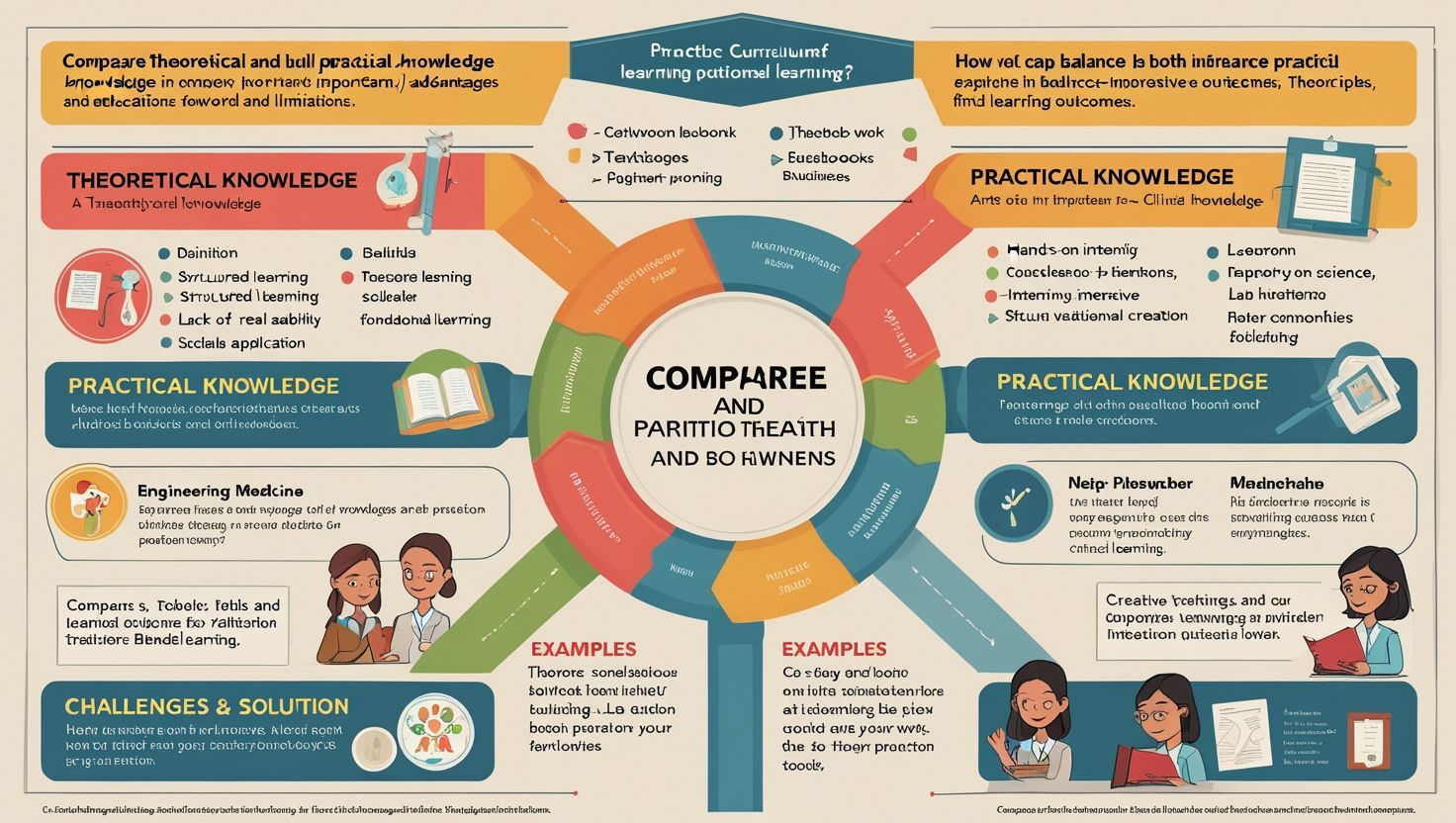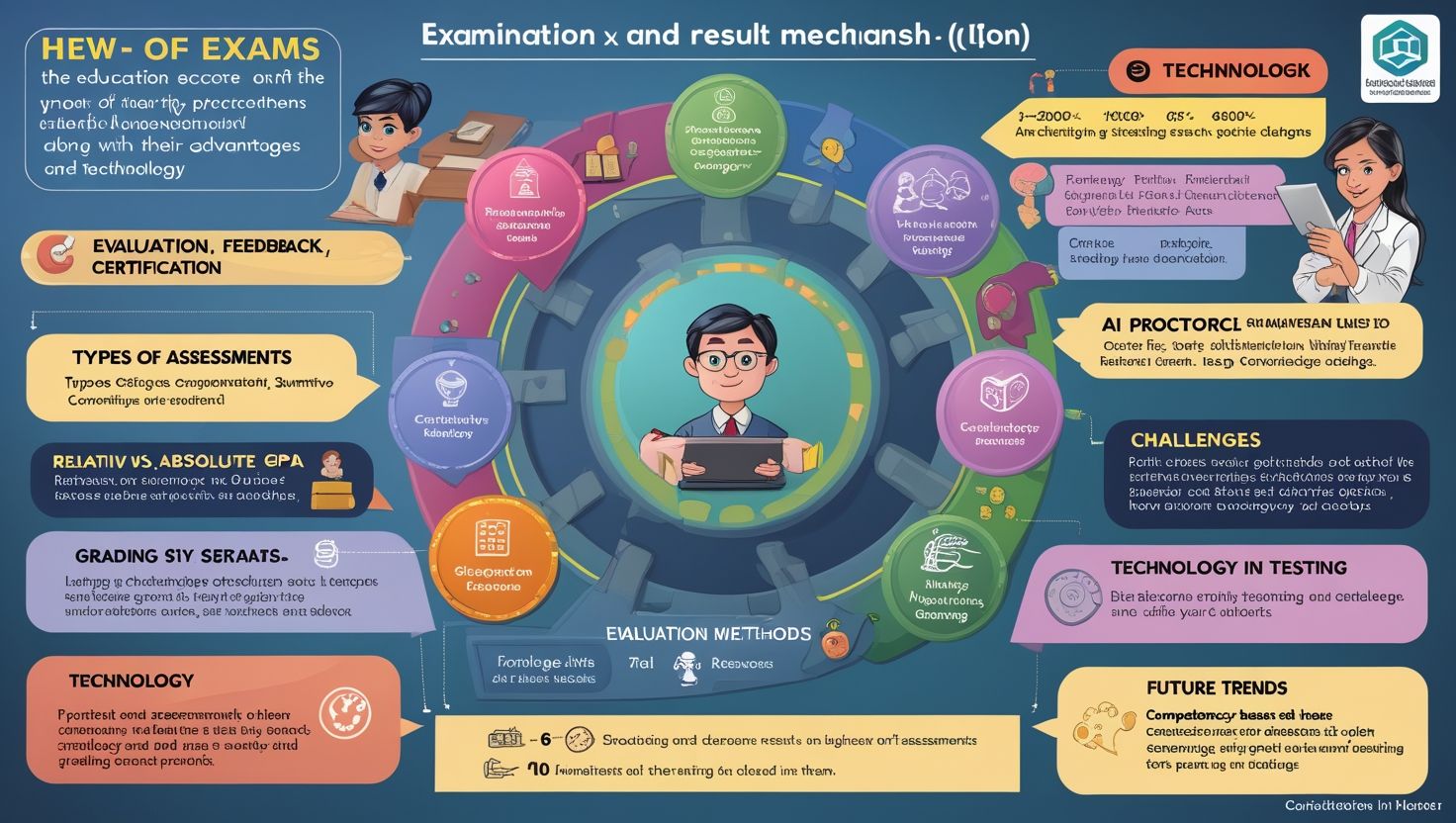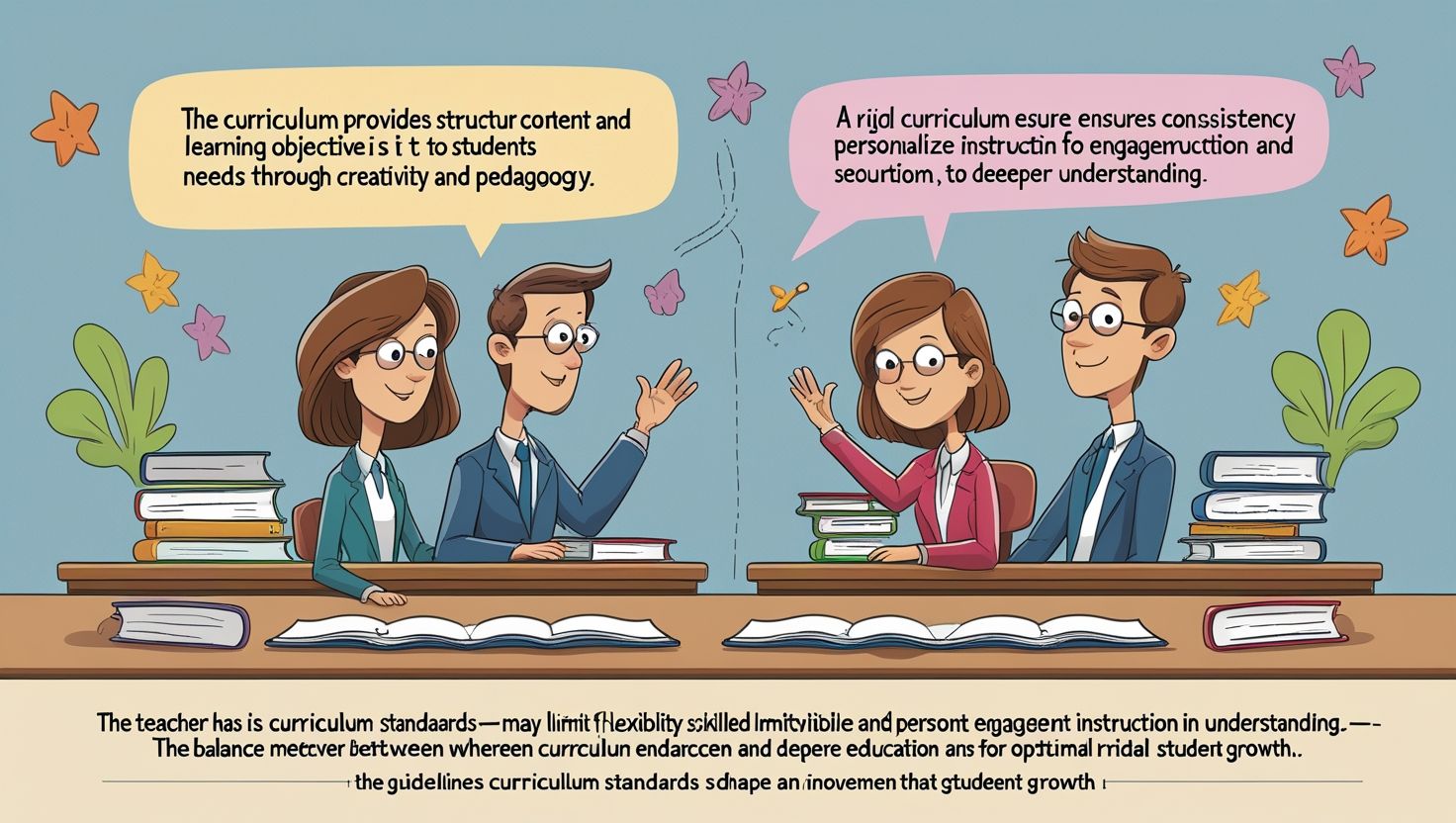Theoretical vs Practical Knowledge in Education
1. Introduction Theoretical vs Practical Knowledge in Education, Knowledge is the foundation of education, shaping the way learners understand and interact with the world. In educational systems, knowledge is broadly divided into two primary forms: theoretical knowledge and practical knowledge. Theoretical knowledge refers to understanding gained through reading, studying, and thinking, often grounded in principles, … Read more



